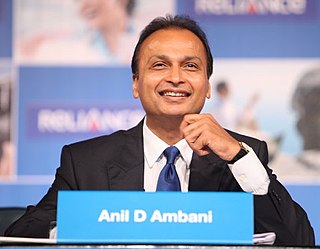A Quote by Felicia Day
What I love about what I get to do is that I'm allowed to create the stories that I want to tell with minimal interference by some very big corporations like Microsoft and Sprint and EA and BioWare. The advantage that these tech companies have is that they understand the space organically, versus traditional media companies.
Related Quotes
When we first started our internet company, 'China Pages', in 1995, and we were just making home pages for a lot of Chinese companies. We went to the big owners, the big companies, and they didn't want to do it. We go to state-owned companies, and they didn't want to do it. Only the small and medium companies really want to do it.
Today's consumers are eager to become loyal fans of companies that respect purposeful capitalism. They are not opposed to companies making a profit; indeed, they may even be investors in these companies - but at the core, they want more empathic, enlightened corporations that seek a balance between profit and purpose.
While it's true that women are the minority in most tech companies, I don't think that inhibits entry into the tech space. My motto has always been, 'Live What You Love,' and as such, I think it's incredibly important to do work you believe in and to work for a company that has values that align with your own, be it in tech or another industry.
The major media companies are playing a defensive game, and I'm not sure I blame them. If you look at the digital revolution, you look at who the winners and the losers are, there are some very very big losers - music, the newspaper industry. And there are some really big winners, social media, Facebook.




































